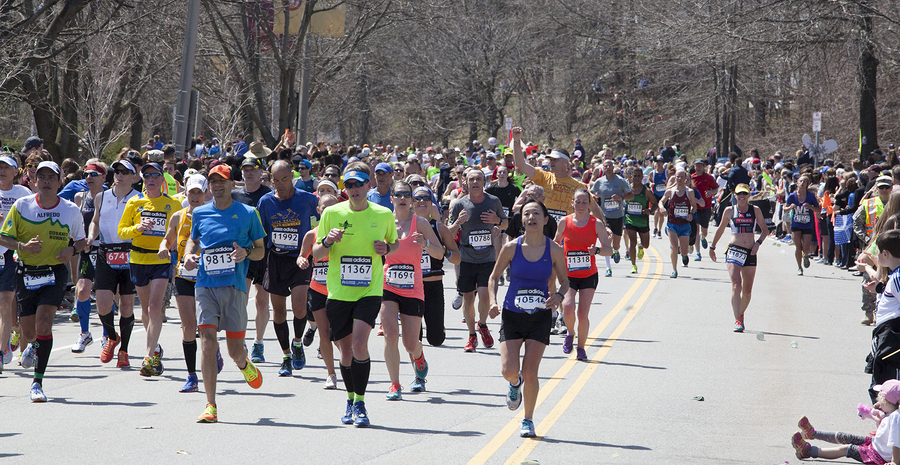Your chances of survival are less likely on the day of a race if you live nearby and are trying to get to the hospital for emergency heart care, according to a study published April 12, 2017 by the New England Journal of Medicine (www.nejm.org). The study was released just a few days before Boston’s annual 26.2 mile marathon race. Any large event that draws a crowd that causes traffic detours may have a similar impact on a patient’s ability to get to the hospital and receive emergency medical care.
The study showed for every 100 people who suffered from a heart attack or cardiac arrest on race day, three or four additional people died than on another day of the month. The study evaluated marathons in Boston, Chicago, Honolulu, Houston, Los Angeles, Minneapolis, New York City, Orlando, Philadelphia, Seattle and Washington between 2002 and 2012. It did not report on results from 2013 due to the unusual delays during the terrorist attack on the Boston Marathon.
The study leader, Anupam Jena of Harvard Medical School conceived the idea for the study after his wife participated in a marathon, and he was unable to get through traffic to watch her run. “She made the offhand remark, “Gee I wonder what happens to people who need to get to the hospital during one of these large races,” he said.
Researchers analyzed data from Medicare patients to gather a sample of area residents who were unlikely to participate. The researchers looked at heart attacks or cardiac arrests that occurred on race day and compared the death rates for patients hospitalized on that day versus five weeks before or after the marathon. They compared death rates of those hospitalized with heart attacks or cardiac arrest in surrounding zip codes less impacted by traffic delays and closed roads.
The results found that the death rate within 30 days of the marathon was 28 percent for those patients who were stricken on race day, versus 25 percent for other patients seeking emergency heart care. Average ambulance times were longer, with an average of more than four minutes longer during the marathon. Patients who attempted to get to the hospital by car also had longer delays. If you think you are having an emergency, “that’s not the time to drive yourself,” Jena said. Dr. Howard Mell, a spokesperson for the American College of Emergency Physicians said that the study shows that large event planners must consider these issues more seriously and more broadly when organizing medical care for crowded events. “If you’re going to have a big street fair, you don’t just need to plan for the people at the fair,” he said.
Source: Associated Press, “Do Marathons Delay Medical Care?,” by Marilynn Marchione
Medtrust Transport provides emergent and non-emergent ambulance services in Charleston, Myrtle Beach and Georgetown, South Carolina. We have expertly trained EMT personnel and a fleet of fully-equipped ambulances. We aim to provide compassionate and timely patient care.

